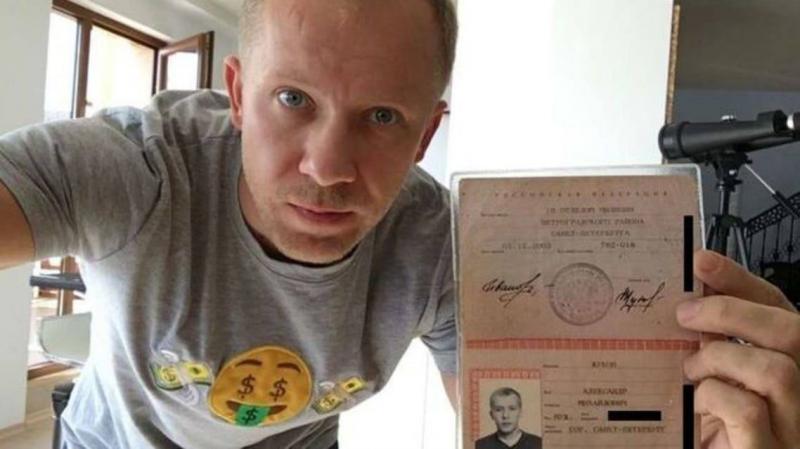A Russian man has been sentenced to 10 years in prison for fraud and money laundering related to the Methbot digital advertising scheme. According to the Department of Justice, between September 2014 and December 2016, Alexander Zhukov and several co-conspirators made deals with advertising networks to place online ads. However, they used a bot farm and rented servers to simulate users visiting deceptive copies of websites like the New York Times and New York Daily News. The ads were never displayed to human users. Zhukov siphoned off $7 million from a scheme that falsified internet traffic, which became known as Methbot, named after his fake advertising network Media Methane.
U.S. Attorney Breon Peace stated, “Sitting at a computer keyboard in Bulgaria and Russia, he boldly devised and executed a multimillion-dollar cyber fraud against the digital advertising industry, making thousands of companies in the United States victims and forcing them to pay inflated ad prices.” As part of the detailed plan, Zhukov hired programmers and others to help build the infrastructure that made the scheme possible. A total of 1,900 servers were used to generate millions of fake views for online ads.
Zhukov made $7 million by managing the operation and transferred the money to foreign banks around the world. The United States indicated that companies like Pepsi, charities, and other advertisers were overcharged due to the digital bots viewing the ads. Prosecutors said that Zhukov and co-conspirators in Russia and Kazakhstan corrupted the complex and vulnerable ecosystem of online advertising by using rented servers in Dallas and Amsterdam to bypass fraud protections and simulate online activity for millions of people watching online ads.
Zhukov took a stand during the three-week trial, claiming that he never misled anyone. He believed he was providing the industry with what it wanted: a way to increase website traffic at a low cost, albeit artificially. Authorities noted that he referred to his contractors as his developers and to himself as the king of fraud. In May, a jury convicted Zhukov on charges of conspiracy to commit fraud and wire fraud, as well as conspiracy to commit money laundering.
Zhukov was arrested in Bulgaria in 2018 and was extradited to New York. In addition to the 10-year prison sentence, he was ordered to forfeit $3.8 million.




